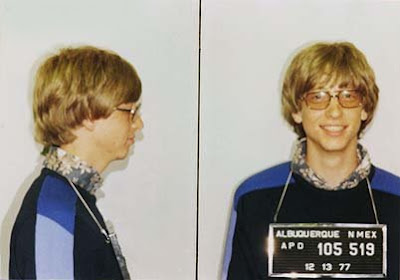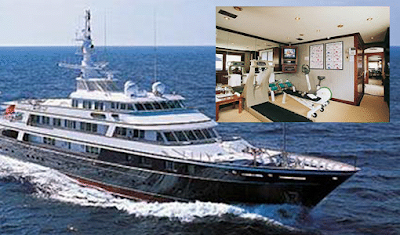Wednesday, March 17, 2010
Philippines Trivia
# The Philippine Basketball Association is Asia's premier and the world's second oldest professional league.
# Philippine Airlines took to the skies on March 15, 1941, using a Beech Model 18 aircraft amid the specter of a global war. It became Asia's first airline.
# The world's largest pearl was discovered by a Filipino diver in a giant Tridacna (mollusk) under the Palawan Sea in 1934. Known as the "Pearl of Lao-Tzu", the gem weighs 14 pounds and measures 9 1/2 inches long and 5 1/2 inches in diameter. As of May 1984, it was valued at US$42 million. It is believed to be 600 years old.
# Alto Broadcasting System (ABS) Channel 3, the first television station in the country, went on the air in 1953.
# The world's second deepest spot underwater is in the Philippines. This spot, about 34,440 feet (10,497 meters) below the sea level, is known as the Philippine Deep or the Mindanao Trench. The Philippine Deep is in the floor of the Philippine Sea. The German ship Emden first plumbed the trench in 1927.
# The symbolic name for the Philippines, Juan dela Cruz, is not a Filipino invention? It was coined by R. McCulloch-Dick, a Scottish-born journalist working for the Manila Times in the early 1900s, after discovering it was the most common name in blotters.
# Lipa City in Batangas is dubbed as the “Rome of the Philippines” because of the number of seminaries, convents, monasteries, retreat houses, and a famous cathedral located in it.
# Compostela Valley is known to be laden with gold, thus earning the monicker “Golden Valley of Mindanao”
# Basilica of St. Martin de Tours in Taal, Batangas built by Augustinian Missionaries in 1572, is reputed to be the biggest catholic church in East Asia. It is so huge that it can house another big church
# Kibungan is known as the “Switzerland of Bengued” because of the frost during the cold months
Philippines Light Rail Transit Public Transportation
The Manila Light Rail Transit System (Filipino: Sistema ng Magaan na Riles Panlulan ng Maynila),[citation needed] popularly known as the LRT, is a metropolitan rail system serving the Metro Manila area in the Philippines. Its twenty-nine stations over 28.8 kilometers (17.9 mi) of mostly elevated track form two lines. LRT Line 1, also called the Yellow Line, opened in 1984 and travels a north–south route. LRT Line 2, the Purple Line, was completed in 2004 and runs east–west.
The LRT is operated by the Light Rail Transit Authority (LRTA), a government-owned and controlled corporation under the authority of the Department of Transportation and Communications (DOTC). Along with the Manila Metro Rail Transit System (MRT, also called the Blue Line), and the Philippine National Railways (PNR), the LRT is part of Metro Manila's rail transportation infrastructure known as the Strong Republic Transit System (SRTS)
Stations
 The People Power Revolution was a series of nonviolent and prayerful mass street demonstrations in the Philippines that occurred in 1986. It was the inspiration for subsequent non-violent demonstrations around the world including those that ended the communist dictatorships of Eastern Europe.
The People Power Revolution was a series of nonviolent and prayerful mass street demonstrations in the Philippines that occurred in 1986. It was the inspiration for subsequent non-violent demonstrations around the world including those that ended the communist dictatorships of Eastern Europe.

 In 1990, it was voted by the BMW Tropical Beach Handbook as one of the best beaches in the world
In 1990, it was voted by the BMW Tropical Beach Handbook as one of the best beaches in the world
 Barasoain Church (also known as Our Lady of Mt. Carmel Parish) is a Roman Catholic church built in 1630 in Malolos City, Bulacan.
Barasoain Church (also known as Our Lady of Mt. Carmel Parish) is a Roman Catholic church built in 1630 in Malolos City, Bulacan.
 Laguna de Bay (Filipino: Lawa ng Bay; English: Laguna de Bay is the largest lake in the Philippines and the third largest freshwater lake in Southeast Asia
Laguna de Bay (Filipino: Lawa ng Bay; English: Laguna de Bay is the largest lake in the Philippines and the third largest freshwater lake in Southeast Asia
 Malacañan Palace, is the official residence of the President of the Philippines.
Malacañan Palace, is the official residence of the President of the Philippines.






















 >
>



















































